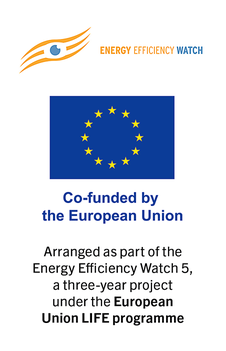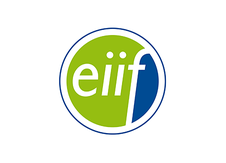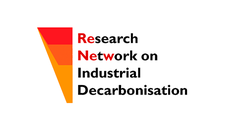Search eceee proceedings
Towards a policy framework for a hydrogen future of German industry
Panel: 6. Deep decarbonisation of industry
Authors:
Lena Tholen, Wuppertal Institut for Climate Environment and Energy, Germany
Dagmar Kiyar, Wuppertal Institute, Germany
Anna Leipprand, Wuppertal Institute, Germany
Thomas Adisorn, Wuppertal Institute, Germany
Sarah Maier, German Economic Institute, Germany
Roland Kube, German Economic Institute, Germany
Thilo Schaefer, German Economic Institute, Germany
Abstract
Hydrogen is a key topic in the discussion on how to shape the political framework for a competitive and decarbonised industry. Scenarios assume that hydrogen can play an increasingly important role, especially in the industry sector, as it has a wide range of applications, can be produced based on renewable energy (green H2) and is easily storable and transportable.
However, for a large-scale market for green hydrogen to emerge, a number of challenges have to be addressed. A key barrier to market penetration are the high production costs, with green hydrogen being far from competitive with fossil fuel based hydrogen. Also, the provision of green hydrogen in Germany requires additional capacities for renewable electricity generation and import strategies. New infrastructures and transport options are needed.
To address these challenges, the industrial policy framework is crucial. Policy-makers are tasked with shaping framework conditions that respond to diverse interests, create financial incentives, avoid unwanted side effects or lock-ins, and ensure that forthcoming hydrogen structures support energy transition overall.
This paper aims to disentangle the current German debate on framework conditions for hydrogen, analyses challenges for the implementation of policy measures and proposes steps towards a refined policy framework. After briefly sketching the barriers, the paper will discuss policy instruments for facilitating low-carbon hydrogen development. This will include a reform of taxes and charges, funding instruments, a regulatory push through green gas quotas, new calculation rules for renewable energy share under REDII, and guarantees of origin. It will analyse the effects and conditions of different instruments and look at potential interactions between them. Both potentials and challenges to implementation will be presented. Based on this assessment, the paper will sketch a policy package that could set the course towards a hydrogen future.
Downloads
Download this presentation as pdf: 6-077-20_Leipprand_pre.pdf














